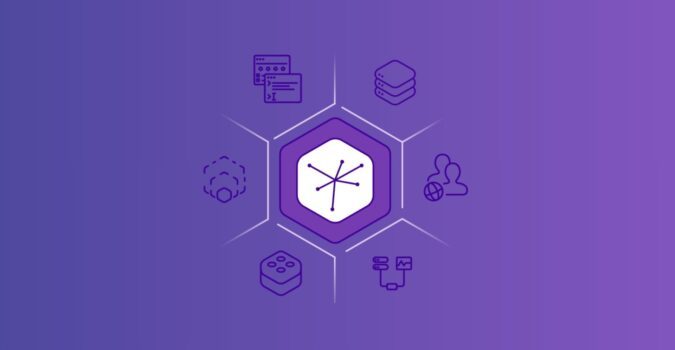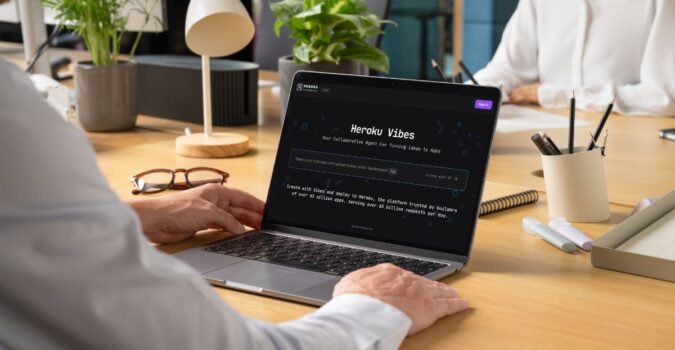I often refer to Twilio as my first love of the digital development industry (seeing as they sponsored the first hack-a-thon I ever attended!).
Twilio, a simple technology platform to add messaging, voice, video and authentication to any application, was one of the first tools I used when I started learning to code.
I love Twilio as much as I love our beer/iced coffee kegerator. There, I said it.
And the more I use Twilio, the more I become interested in the company and what it stands for. This was only reinforced by awesome Twilio events like the API Hackathon in Chicago a few years back and their follow-up roadshow here two years ago. The content was amazing, as was the audience – established companies like Microsoft, Twitter, Uber, and AirBnb.
So I can’t wait for Twilio’s flagship developer conference, Signal, this week.
Signal will have a great amount of content on topics like the on-demand economy, mobile and bots, but here are three panels I’m most looking forward to:
How to Build Your Voice App From Scratch
Kedar Toraskar, Manager of Sales Engineering at Twilio
Andrew Jordan, Product Manager of Voice Services at Twilio
If there’s one thing Twilio is an expert on, it’s voice applications that can be used over the global phone network to make, receive, and intelligently control voice calls with one API.
With Amazon Echo’s rapid adoption and the recent introduction of Google Home, there’s little doubt that voice apps are the way of the future, allowing people to use the most natural interface.
However, the challenge with voice apps is that they need to evolve and get smarter. One of the areas we are focused on at LaunchPad is capturing voice patterns and teaching apps to learn over time, so this panel should be a perfect opportunity.
An added bonus? This session is focused on practical use, and we should be able to walk out of it with working code for our clients.
Customer Empathy: Lessons Learned from Twilio Using Twilio
Bill Chia, Senior Manager of Product Marketing at Twilio
Olga Trofimova, Manager of Technical Support at Twilio
When a client reaches out for service, they want to be heard and to feel like the person at the other end of the conversation understands what they’re going through.
It’s empathy. And it’s critically important.
At LaunchPad, we try to instill empathy all the time. An important step for us is being our own customer. We have a 20% rule and experiment on ourselves all the time (check the results out in SPACE). By doing this, we experience the joys and frustrations of digital development – just like our clients.
But what are other ways we can take this to the next level using technology?
With the introduction of robots and computers, human experience has in many ways been removed from customer-service centers, which makes achieving empathy even more difficult.
Thankfully, AI-driven bots are beginning to change that. Maybe a robot can’t really feel for you, but they can present a compelling enough version of that reality.
So how do we at LaunchPad Lab utilize technology for more free-form, conversational experiences where customers feel understood?
That’s what we’ll find out.
Authy: Better Authentication for Your App in 30 Minutes
Simon Thorpe, Director of Product at Twilio
Dan Killmer, Lead Solutions Architect at Authy
Remember the good old days when having just a password was enough to login to your Twitter or Facebook account?
Nowadays, many social media accounts and email accounts go beyond asking for just a password and require a second form of authentication.
With increased data breaches, two-factor authentication (2FA), once used only by financial and healthcare institutions to protect the most personally sensitive information, is now being applied to a variety of apps to add an extra layer of security.
The risks are real. At Reddit, which does not support 2FA, a security breach saw a hacker hijack 70 or more moderator accounts. And Sony, whose massive data breach five years ago compromised the millions of users and embarrassed thousands of studio executives, made the decision in April to add 2FA to its network.
But while there’s no doubt that 2FA is the right path forward, it is more technically complex and adds a level of friction for users.
So what is the new industry standard for 2FA?
When and where does the industry think the 2FA rule should be applied?
How do we add 2FA to digital products without turning away the customers we’re trying to protect?
Big questions all, and this panel should have answers.
I look for Signal to continue to grow my love for Twilio. I’m excited to partake in an outstanding conference with the opportunity to connect with developer friends both old and new and perhaps learn a thing or two. Twilio’s Signal Conference is packed with insights on voice apps, customer empathy, and authentication. Here’s what I’m most excited to learn.



